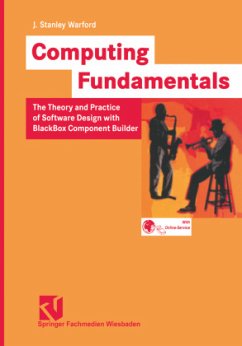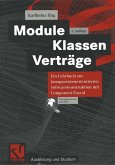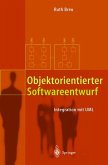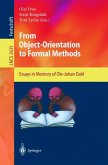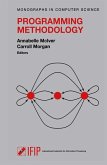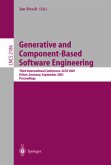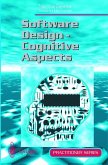The world of computing has always had one corner stone of particular interest to many, from educators to practitioners: languages. And programming languages in particular. Over the years, we have seen new languages come-and, much less fre quently, old languages go. It is always tempting to focus on "the one" language of fashion of the day. In this very readable and instructive textbook, Stan Warford has done the unusual-and risky-by taking the programming language Component Pascal that is far from mainstream, although it does have roots that are among the strongest in the field. Given that the concept of formal language, whether at the level of architecture, design, or implementation language, is central to our discipline, it is important that students continue to be exposed to a wide variety of languages. No single language does everything perfectly, or even well, and students need to understand this funda mental tradeoff. The same holds for frameworks and programming models that need to be designed to allow harmony between the natural ways of a language and the needs to a framework for a particular domain.
Bitte wählen Sie Ihr Anliegen aus.
Rechnungen
Retourenschein anfordern
Bestellstatus
Storno

